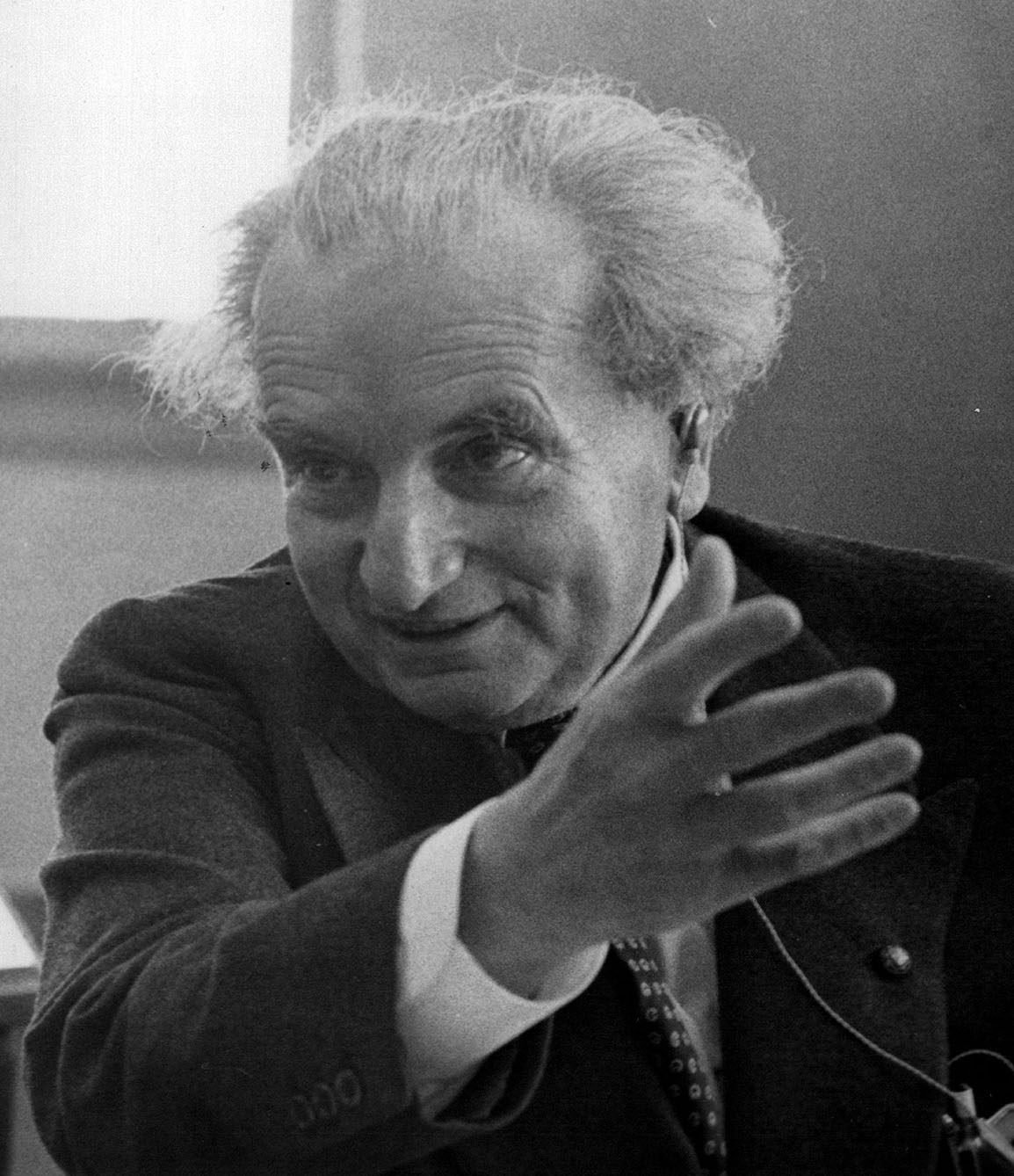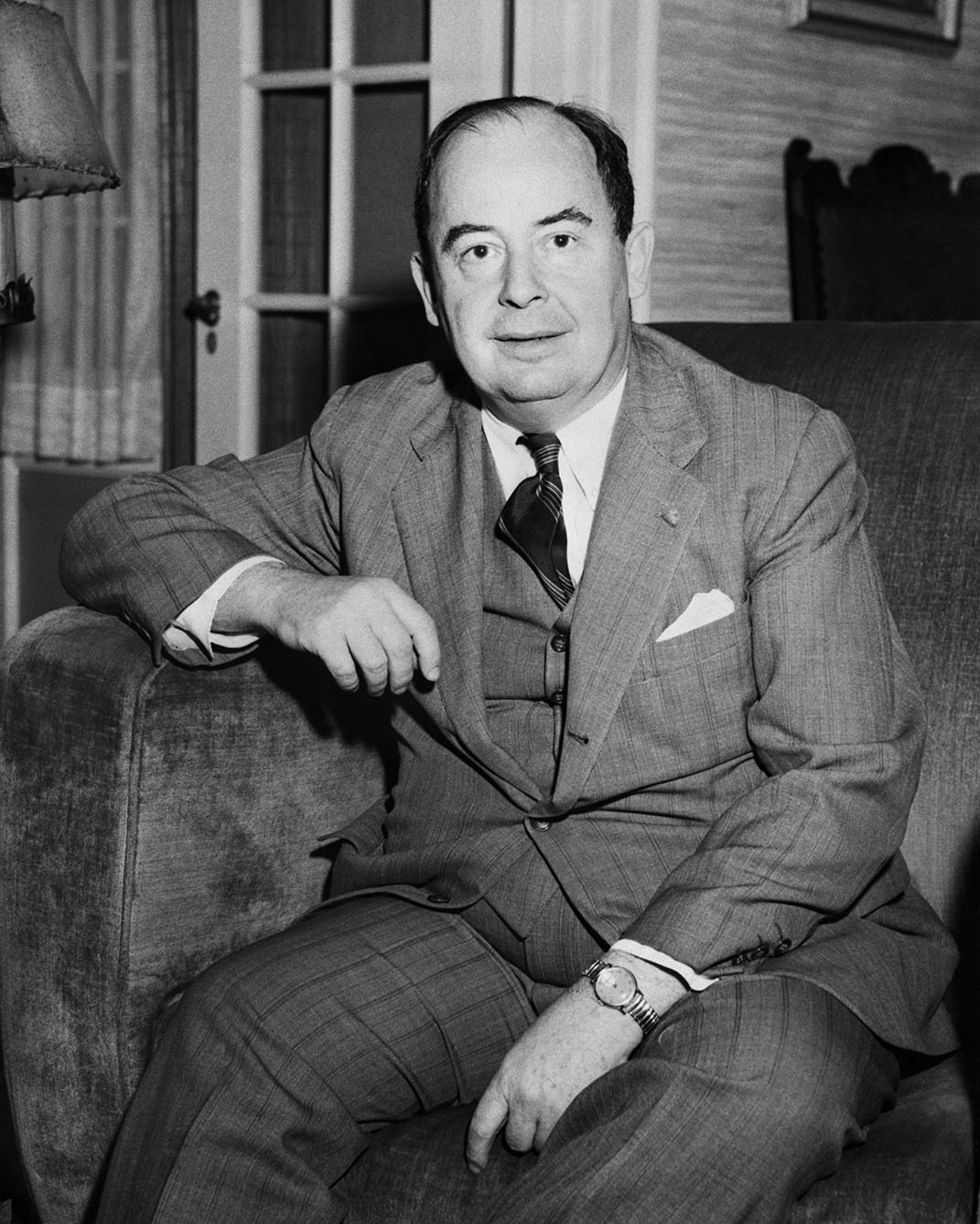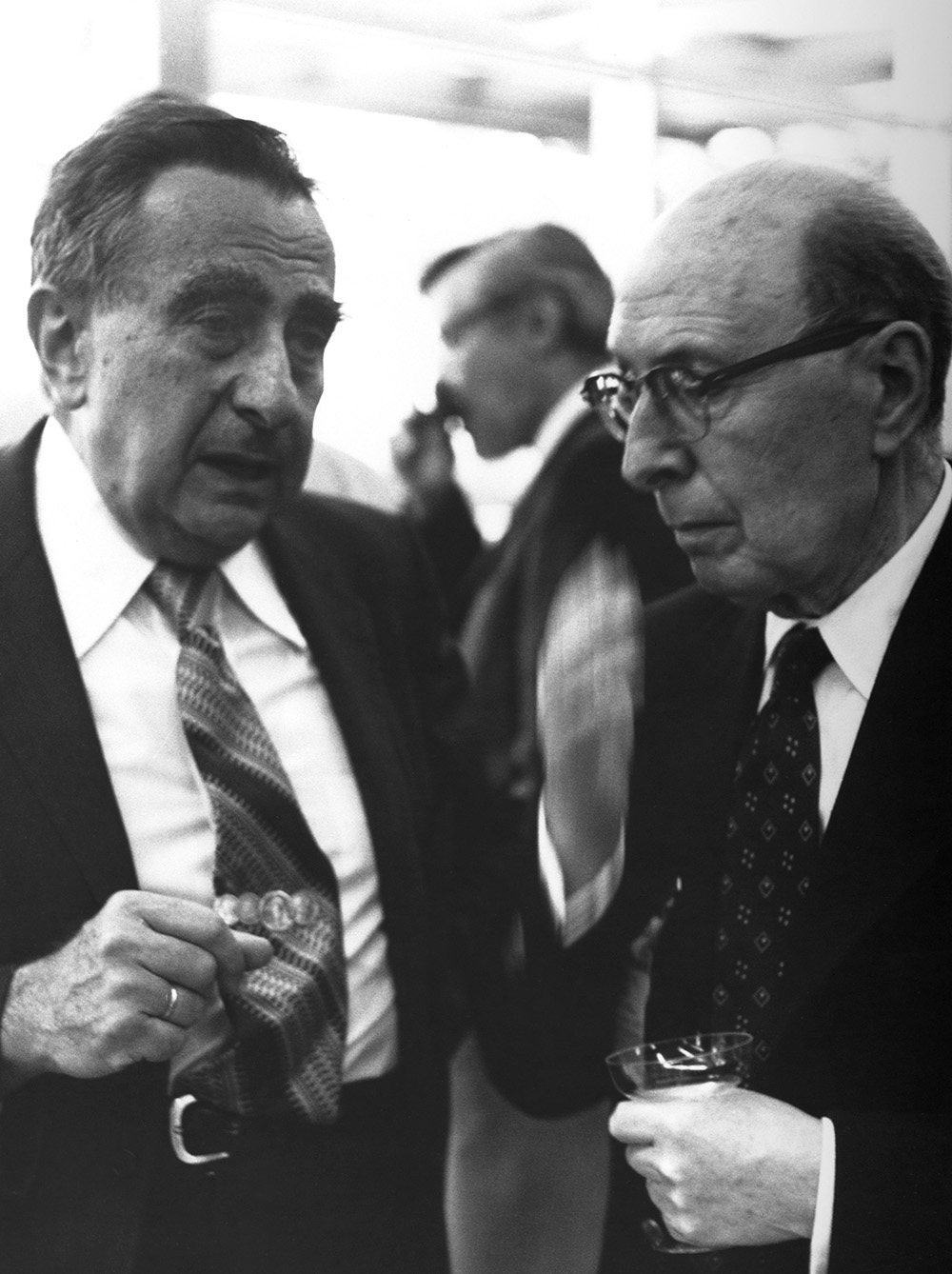A running joke in scientific circles at the time was that Martians had landed in Hungary sometime around 1900 but soon departed after finding the planet unsuitable. However, these higher beings stayed just long enough to leave behind offspring, which turned into exceptionally brainy scientists, later nicknamed ‘The Martians.’ The moniker included five scientists, all Hungarian Jews, all born between 1881 and 1908: Theodore von Kármán, John von Neumann, Leó Szilárd, Edward Teller, and Eugene Wigner.
Martians from Hungary
It was a nickname fully embraced by this motley crew of scientists. Hungarian physicist György Marx recounts in his book “The Voice of the Martians” that a question was posed in a discussion as to how higher beings from distant galaxies could overlook such an amazing place as our Earth. “It was Leó Szilárd, a man with an impish sense of humor, who supplied the perfect reply…: “They are among us,” he said, “but they call themselves Hungarians.” Dutch physicist Fritz Houtermans, who knew the pack in the 1930s, later quipped that “they were really visitors from Mars,” solidifying this opinion among their peers.
When you study their collective biography, they were obviously in good company. One name that pops up is Albert Einstein, the most notable revolutionary in physics at a time when the field of physics was full of revolutionary thinkers. Another is Robert Oppenheimer, the lead inventor of the nuclear bomb, who would afterward call himself “Death, the destroyer of worlds.” There’s no coincidence here: ‘the Martians’ were a rat pack of scientists with an all-new approach to interwar science. They were thinkers who found hidden connections between disciplines and creatively solved problems, leading to developments like the nuclear bomb.



Take John von Neumann: a chemical engineer with a Ph.D. in mathematics (from two different universities, no less – ETH in Zurich and the University of Budapest, respectively). With his contributions to electronic computing, he may be the missing link between the 19th-century pioneers of programming and the computer revolution ignited by Alan Turing.
Hungarian science in Manhattan Project
There’s also Theodore von Kármán, an expert in aerodynamics for the German Air Force in WWI. The all-new aerial warfare on display during the war was essentially thanks to his efforts. Forced to flee to the USA, even the Nazis realized what they had lost as he was invited back to Nazi Germany by Herman Göring himself. “I decide who is a Jew,” Göring is said to have remarked. (*Though it must be noted that this was an offer von Kármán declined.)
Leó Szilárd, another brilliant mind, audaciously introduced himself to Albert Einstein, a partnership that later resulted in, among others, a patent application on silent electromagnetic refrigeration. He fled Germany only one day before the borders closed, half-miraculously avoiding persecution as a Jew. He learned from this situation to be ready to flee at any time – which is why he kept a suitcase packed and ready. It was he who persuaded Albert Einstein to inform President Roosevelt about the concept of the nuclear bomb in a letter, which, though signed by Einstein, was dictated by Szilárd. Later he became a die-hard ethical advocate for the regulation of atomic weapons.
And lastly, Edward Teller, who became an essential part of the Manhattan Project and whose ultimate goal was just the opposite of Silárd’s: to create the ultimate thermonuclear weapon, contrary to Oppenheimer’s reservations.
Experts in different areas and alumni of various universities, ‘the Martians’ were connected by their Hungarian Jewish roots and their complicated paths to American science after fleeing Nazism. With their heavy Bela Lugosi vampire-style accents and off-the-charts intelligence, they proved that they really were on another level.







